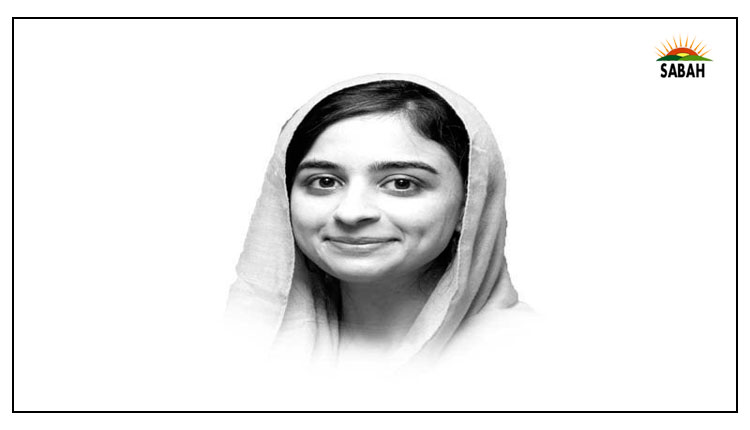Doha Forum 2023: capturing the cadence….Arhama Siddiqa
In the unfolding narrative of the ongoing Palestine-Israel conflict, the pivotal role played by Qatar in brokering the now-unraveled truce between Israel and Hamas stands out, overshadowing the influence of more expected actors such as the US or the EU. Despite the ceasefire’s collapse and the resumption of Israeli military operations in Gaza, Qatar’s emergence as a global mediator has been solidified.
The Qatari paradox is as stark as the desert sun on its horizon — an inconspicuous emirate in the Persian Gulf, brimming with natural gas wealth, yet wielding an unlikely influence in global geopolitics. Its foreign policy, a testament to its commitment to sustaining open channels between adversaries, has resulted in diplomatic triumphs that belie its size. Notably, Qatar played a pivotal role in facilitating peace talks between the US and Taliban leaders and orchestrating indirect negotiations that culminated in a prisoner exchange between Iran and Washington. Qatar’s historical commitment to conflict resolution across the Middle East and North Africa has not only garnered international acclaim but has also been instrumental in elevating the nation’s diplomatic stature. From brokering peace in Lebanon (2008) to facilitating ceasefires in Yemen (2010), Darfur (2011) and Gaza (2012), Qatar has consistently been a force for mediation, peace and post-conflict reconstruction.
Yet, as the Israel-Hamas negotiations unfolded, Qatar found itself navigating treacherous waters. The hosting of Hamas’s leadership in Doha drew the ire of Republicans and other right-wing figures in the US and Israel, who castigated the emirate for allegedly supporting terrorism. This added a layer of complexity to Qatar’s delicate diplomatic ballet, where the pursuit of peace came at the cost of facing accusations on the international stage.
The aftermath of the conflict paints a somber portrait of devastation and human suffering. Israel’s relentless pursuit of dismantling Hamas’s military capabilities resulted in the deaths and injuries of thousands of innocent Gazan civilians, with a glaringly disproportionate toll on women and children. The 21st Doha Forum in 2023, themed ‘Building Shared Futures’, assumed profound significance. Over the course of two days, global leaders gathered to address pressing issues, with a central emphasis on the Palestine question. Qatar’s approach during the forum was nothing short of commendable, exemplifying its adeptness at maintaining equilibrium while delivering a resolute message.
The forum not only underscored Qatar’s commitment to fostering a global dialogue but also showcased its unwavering support for Palestine. The subtlety and eloquence with which diverse viewpoints were welcomed, from Senator Lindsey Graham to the Russian and Iranian Foreign ministers, demonstrated Qatar’s commitment to dialogue within the space it could maneuver. The underlying message was crystal clear: the madness in Gaza must halt, and enough is enough.
Moreover, the Doha Forum took a moment to honour the staff from the United Nations Relief and Works Agency for Palestine Refugees in the Near East (UNRWA) for their unwavering humanitarian work in Gaza and the surrounding region. According to the Qatari leadership, the ongoing conflict transcends providing mere aid to the Palestinians. Speakers at the forum recognised a crucial need for a comprehensive solution involving all parties within Palestine. They argued that correctly framing the conflict unveils a reality less convoluted than portrayed and stressed the imperative of moving beyond a Ramallah-Gaza-centric focus. Their emphasis was on a genuine solution that encompasses the entirety of the Palestinian populace.
In the wake of ongoing tragedy, Doha’s resounding message persists: enough is enough, and the path to a shared and just future in the region necessitates comprehensive dialogue, a commitment to humanitarian aid and an unwavering pursuit of lasting peace.
Courtesy The Express Tribune, December 16th, 2023.












